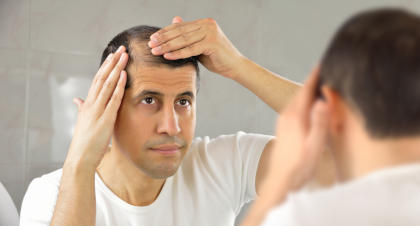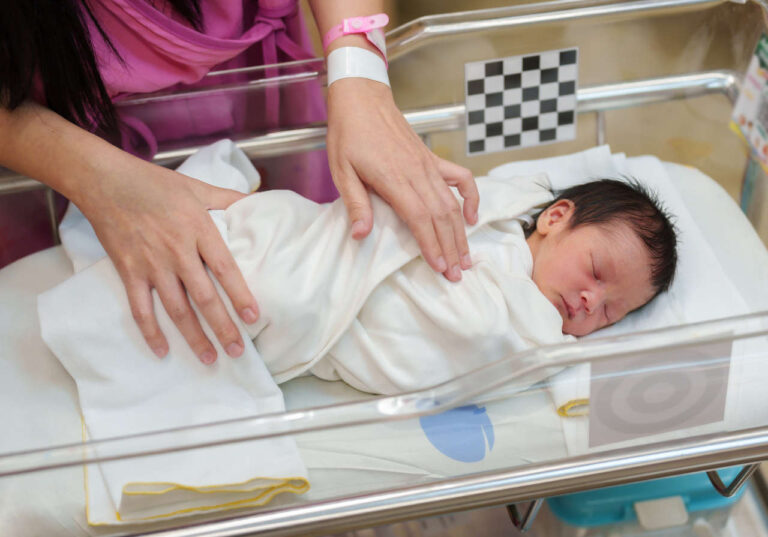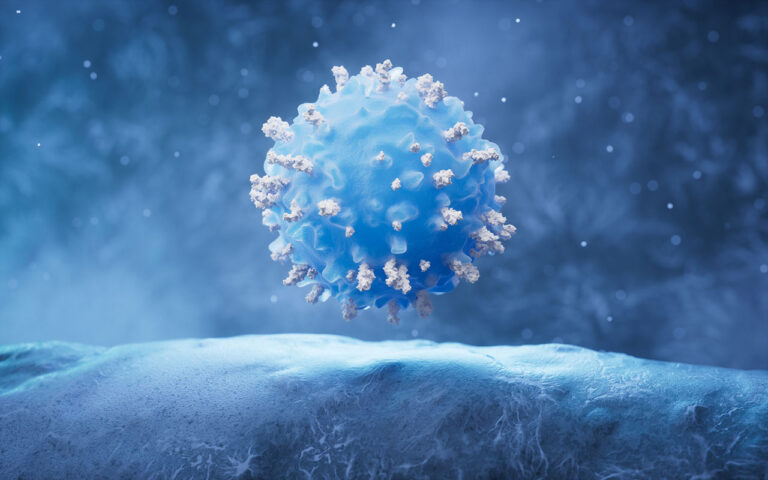
Intravenous immunoglobulin (IVIG) therapy has many potential benefits for patients suffering from autoimmune disorders and immune deficiencies. Although this therapy has become a lifeline treatment for these patients, it also raises some concerns. One such concern that patients typically worry about before undergoing IVIG treatment is hair loss.
Hair loss during IVIG therapy is rare, but some anecdotal case reports (reports that are based on personal experiences, testimonies, or observations and not scientifically documented) demonstrated that IVIG therapy may play a role in hair loss in some patients.
Furthermore, researchers believe that hair loss during IVIG therapy can also occur due to several other factors, not solely by IVIG itself.
In this article, we will discuss IVIG and its potential to cause hair loss and what other factors can contribute to hair loss during IVIG treatment.
Connection Between IVIG and Hair Loss
Hair loss is not a commonly reported side effect of IVIG treatment. Clinical studies and medical literature typically DO NOT list hair loss as a direct consequence of IVIG therapy.
However, a recent case study reported that an adult patient with autoimmune autonomic neuropathy experienced selective loss of pigmented hair while being treated with IVIG. Still, further detailed studies are required to find out the direct link of IVIG therapy with hair loss.
In other words, based on one case report, we cannot conclude that IVIG causes hair loss; other factors may also be involved. Hence, some patients may experience hair loss while some may not.
Factors That May Contribute to Hair Loss During IVIG Therapy

Stress
In many cases, stress can trigger telogen effluvium– a type of hair loss in which stress pushes the hair follicles to enter the shedding phase prematurely and results in increased hair loss within a few months time.
Patients undergoing regular IVIG infusions often have increased stress levels, which could lead to increased hair loss.
Underlying Disease
Many patients who require IVIG therapy may also have other underlying health conditions, such as diabetes or thyroid problems, along with diagnosed autoimmune disorders. This may cause hair loss independent of the IVIG treatment. For example, autoimmune disorders, like alopecia areata, can cause inflammation that directly affects the hair follicles and causes hair loss or bald spots.
Poor Nutrition
Patients receiving IVIG treatment sometimes also experience nutritional deficiencies. Deficiency in essential nutrients can directly impact your hair growth and health. Therefore, adequate nutrients such as iron, vitamin B12, vitamin D, and folate are crucial for maintaining healthy hair along with other metabolic body processes.
Multiple Medications Interactions
The interaction of multiple medications that are administered alongside IVIG therapy could contribute to hair loss. Although IVIG itself may not directly cause hair loss, other medications taken concurrently for other health conditions may cause hair loss as a side effect.
Speak to a Specialist About Copay Assistance
Steps You Can Take To Avoid Hair Loss During IVIG Therapy
If you’ve scheduled an IVIG therapy session and are worried about hair loss, you can take the following steps to avoid hair loss risk:
- Talk to your healthcare provider and discuss any concern you have related to hair loss with them. A healthcare provider will evaluate your medical and medication history and recommend the best intervention.
- During your IVIG treatment course, you can engage in stress-reducing practices such as yoga, meditation, mindfulness, or deep breathing exercises.
- Consume a balanced diet rich in vitamins and minerals to prevent nutrient deficiency during or after the treatment. This will also help to prevent the risk of hair loss.
- Follow a gentle hair care routine and avoid using harsh shampoos.
In summary, IVIG probably does not directly cause hair loss. However, several other factors, such as stress, underlying health conditions, poor nutrition, and medication interactions, can contribute to the thinning of hair during IVIG therapy.
Home Infusion – We Come To You
REFERENCES:
- Turner, L. E., Pittock, S. J., McEvoy, M. T., & Flanagan, E. P. (2019). Overnight loss of pigmented hair in autoimmune autonomic neuropathy treated with IVIg. Neurology® Neuroimmunology & Neuroinflammation, 6(6). https://doi.org/10.1212/NXI.0000000000000620
- Vecchietti, G., Kerl, K., Prins, C., Kaya, G., Saurat, J. H., & French, L. E. (2006). Severe eczematous skin reaction after high-dose intravenous immunoglobulin infusion: report of 4 cases and review of the literature. Archives of Dermatology, 142(2), 213-217. doi:10.1001/archderm.142.2.213













